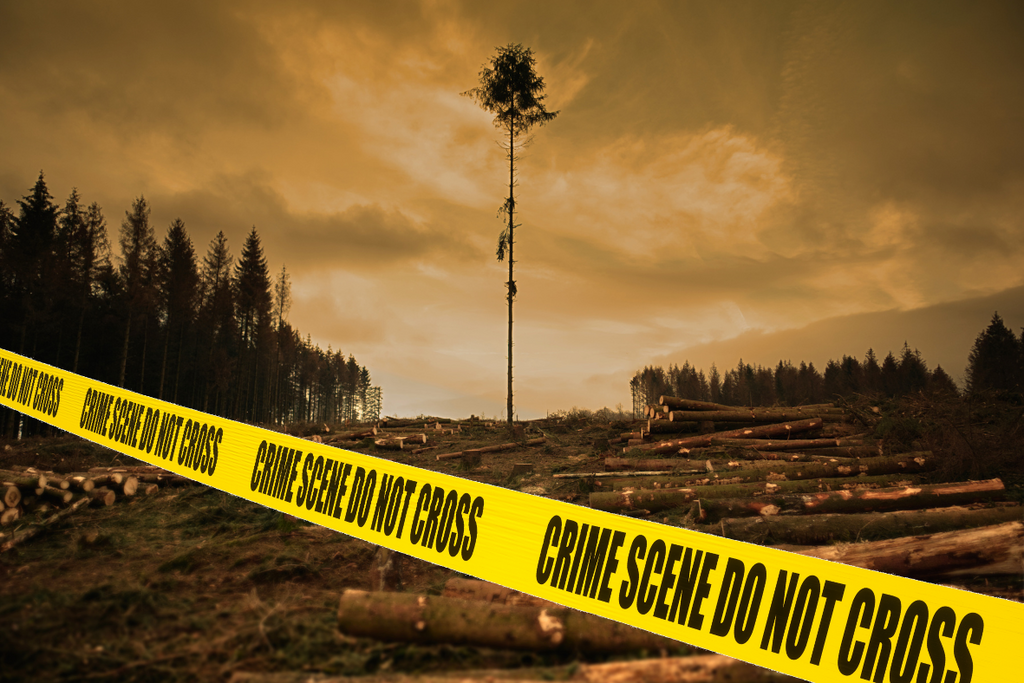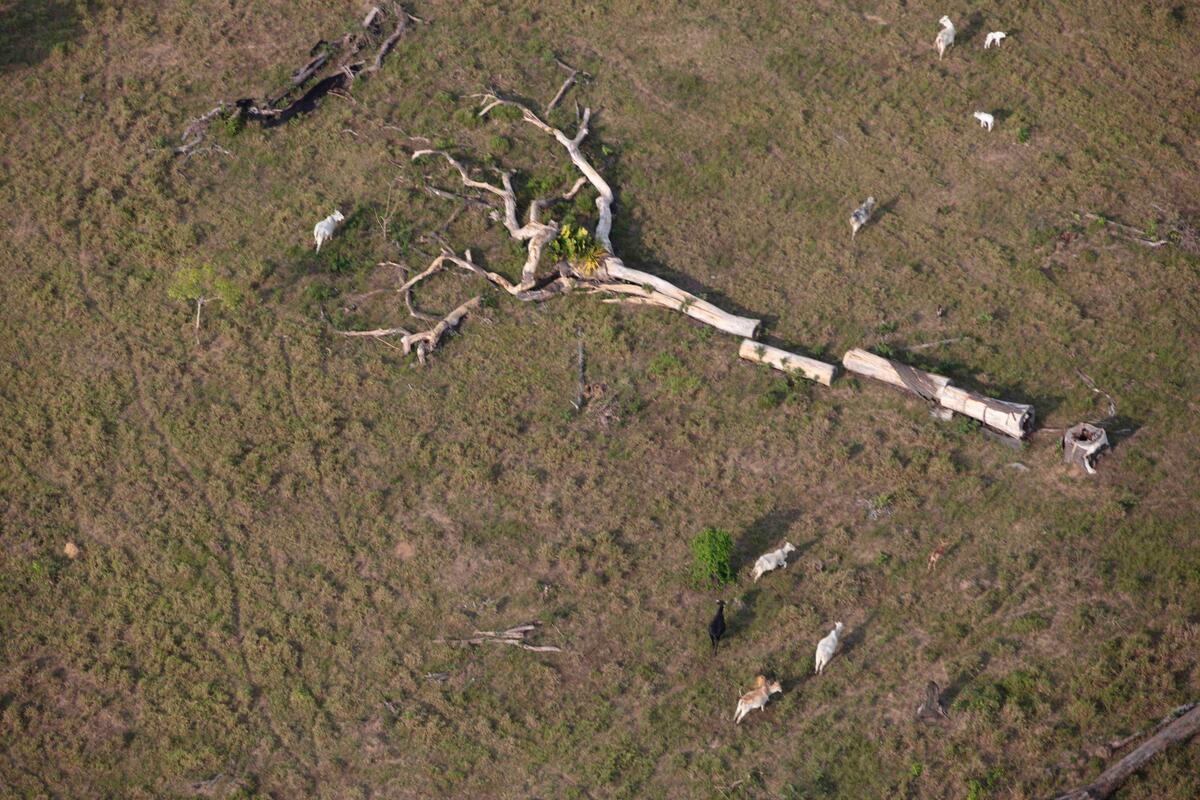Killed by cardboard: How old-growth forests in Sweden end up as boxes for global e-commerce
When insufficient nature protection and political inaction allows the Swedish forest industry to turn old-growth forests into cardboard and other throwaway products, it is up to us to put an end to these “nature crimes”.
As in many parts of the world, the current protection of critical ecosystems on the European continent is completely inadequate to tackle the climate crisis and the collapse of biodiversity. Despite the EU’s self-proclaimed role in protecting nature, the destruction of our oldest and most valuable forests continues on a daily basis. That’s why Greenpeace has exposed and published investigations from several countries to remind us of the urgent need to stop the destruction of nature.
In Sweden, where our latest investigation has been carried out, protecting forests is not just crucial for climate and biodiversity reasons, it’s also key for Europe’s only recognised Indigenous People, the Sámi. However, insufficient governance and self-regulation of the Swedish forest industry has resulted in vital old forests being destroyed rather than protected, the report shows. What fuels this destruction is to a big extent the demand for throwaway products like cardboard and pulp, especially from the e-commerce sector.
The Swedish investigation
- Over the course of a year, Greenpeace Sweden carried out field investigations in old-growth forests that have been destroyed. More than 60 logging sites were visited across the country. To establish transparency in the chain of custody, Greenpeace Sweden monitored the timber from clearcuts to pulp mills, either by following timber trucks or by using electronic tracking devices. 9 pulp-and-paper mills, operated by 6 different companies, including such well known names as Smurfit Kappa, SCA and Billerud, were connected to the investigations.
- By analysing statements made on company websites and seeking information in social media posts or presentations made in industry fora and such, Greenpeace Sweden was successful in establishing links between the pulp mills in question and companies that source material from them. The results show that over a hundred companies are at risk of receiving material that originated in unsustainably logged forests of Sweden. Each of these companies have been offered an opportunity to confirm or correct our findings.
- Among the companies listed in the report are giants from the e-commerce sector like Zalando, Amazon and HelloFresh. Online shopping is booming, with the e-commerce sector being a major user of cardboard to package and ship their products. According to the Swedish Forest Industries, in 2022, more than 60 percent of all timber in Sweden was turned into paper products. Therefore, it is important that companies from the e-commerce sector act.
- The report is designed to inform consumer companies of the risk that their supply chain is exposed to, and to offer suggestions for steps that they can take in order to eliminate it by
- Cleaning up their supply chain from old-growth forest material
- Actively supporting stronger EU nature-protection regulation in order to avoid such critical issues in the future
- Working towards eliminating the use of single-use packaging
Download Greenpeace Sweden’s full report:

It is time to stop crimes against the ecosystems that protect us. Strong laws and strict controls must be put in place.
Read Our Demands


